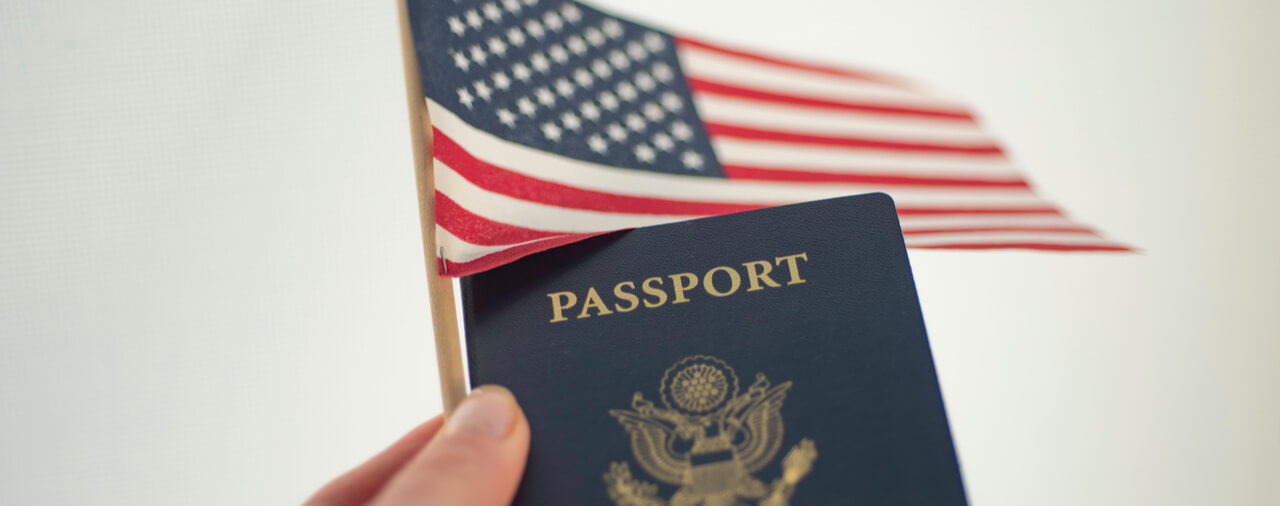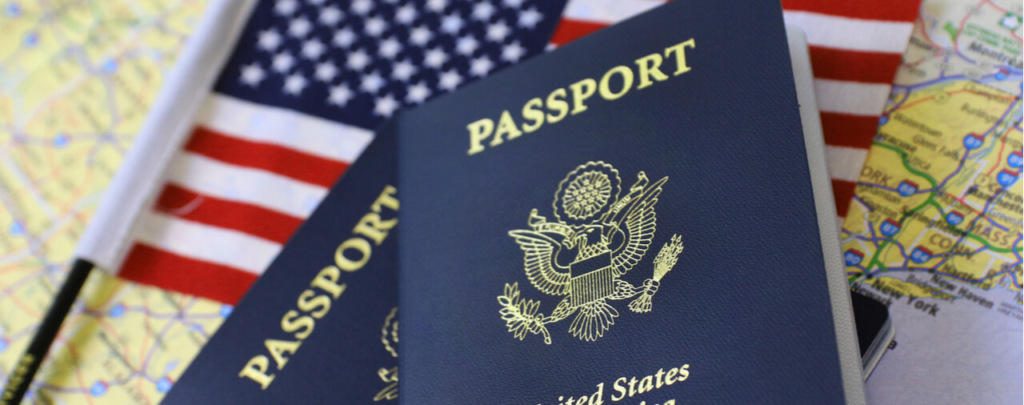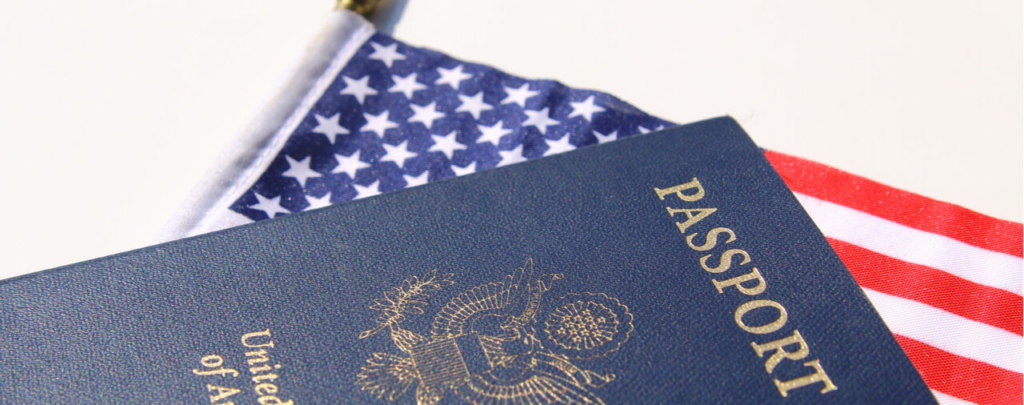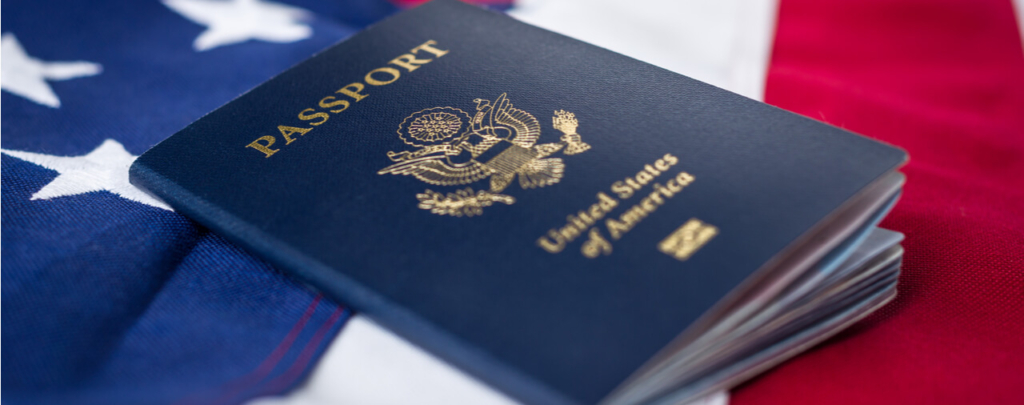- Introduction To Naturalization
- Am I Already A U.S. Citizen?
- Am I Eligible For Naturalization?
- I Am Eligible For Naturalization. Where Do I Begin?
- I Have Filed The Naturaliation Application. What Happens Next?
- What Happens If I Fail The Citizenship Test?
- Naturalization Interview And Taking The Oath Of Allegiance
Introduction To Naturalization
“Naturalization” is the term in immigration law that refers to the process of becoming a U.S. citizen. Commencing naturalization proceedings is a major step in making the United States one’s home. However, not every person physically present in the United States is eligible to apply for naturalization. In order to apply for naturalization, one must first become a lawful permanent resident (LPR) and then meet many other extensive eligibility requirements. Furthermore, there are many cases where one may already be a U.S. citizen and not realize it.
This article will explain how to make sure that you are not already a U.S. citizen, and then explain the requirements for applying for naturalization from confirming your eligibility for naturalization to taking the Oath of Allegiance.
Am I Already A U.S. Citizen?
There are three ways that a person may be a citizen of the United States:
By birth on American soil (in a U.S. state, the District of Columbia, or certain American territories overseas)1, 2, 3
By deriving citizenship from a U.S. citizen parent [see article]4
If you believe that you may already be a U.S. citizen, you should consult with an experienced immigration attorney before beginning the naturalization process. If you find out that you are in fact a U.S. citizen, you are a U.S. citizen regardless of whether or not you have documentation. However, you will want to have proof of citizenship readily available. In order to obtain proof of citizenship, you will need to file either a Form N-600, Application for Certificate of Citizenship or a Form N-600K, Application for Citizenship and Issuance of a Certificate under INA § 322. The form that you will need to choose depends on your circumstances and eligibility, so you would be well advised to schedule a consultation with an experienced immigration attorney to learn more.
Am I Eligible For Naturalization?
Assuming that you are not already a U.S. citizen, you must determine whether or not you are eligible for naturalization before beginning your application. This section will explain the requirements that you must satisfy in order to commence your naturalization process.
You must be a lawful permanent resident (LPR).5 If you are a conditional permanent resident (CPR), you may be eligible for naturalization if you have accrued the requisite residence period in the United States (see below for more information on the requisite residence period).6 If you have honorably served in a time of war or declared hostilities in a period designated by Presidential Executive Order, you do not have to be an LPR or CPR to begin your naturalization process.7 However if you were separated from the military service due to alienage, you may be ineligible for naturalization without LPR or CPR status.8
You must be at least 18 years of age.9 This requirement may be waived under the military involvement exception listed above.10
You must generally have been a continuous resident for at least five years after obtaining LPR status (or CPR status if you are eligible).11
However, if you are married to a U.S. citizen and have been “living in marital union” with your spouse for 3 years, the residency requirement is only 3 years.12 Current regulations do not require that your marriage be the original basis for your LPR status, so you will be eligible for the 3-year residency requirement even if you were married after becoming an LPR.13 You are not required to still live with your spouse when you are naturalized, but you must still be legally married at the time of naturalization.14 Current immigration policy includes an exception to the marital union requirement for 3 years residency for “involuntary separation.”15
If you obtained LPR as a spouse or child on account of battery or extreme cruelty, you may also apply for naturalization after 3 years of LPR status.16 You must still be 18 years of age to apply for naturalization.17
For both the 5 and 3 year residency requirements, you must be considered to have been of “good moral character” [see article] (GMC) for that period before applying for naturalization. Please consult our article on conditional bars to GMC [see article] to learn much more about what this entails.
You must have at least 3 months of residence in the state you intend to file your naturalization application from.18
Whether you are applying after at least five years as an LPR or 3 years as an LPR (if eligible), you must have spent at least one half of 5 or 3 years physically present in the United States.19 This requirement is waived if you are serving in the military abroad.20 If you are the spouse or parent of a military service member abroad, time spent with your military spouse will be counted as time spent in the United States for the purpose of this residency requirement.21 If you are the spouse, child, or parent of a U.S. citizen who died in combat or was granted U.S. citizenship posthumously, the physical presence requirement is waived.22 If you are working abroad as an employee of the U.S. government, an American research institution, a U.S. firm engaged in the development of foreign trade or commerce, or a public international organization of which the United States is a member, you may obtain approval to preserve residency for you and your immediate family by filing a Form N-470.23 If you are an LPR spouse of a U.S. citizen who is working abroad for a U.S. company, an international organization that the United States is a member of by treaty, an American institution of research recognized by the Department of Homeland Security (DHS),24 a religious organization ministering or doing missionary work, or an American firm or subsidiary thereof engaged in the development of foreign trade and U.S. commerce, you may be eligible for a waiver from this physical presence requirement.25 If you were a translator in Iraq or Afghanistan employed as a translator or interpreter by the U.S. Chief of Mission of Department of State, the U.S. Armed Forces, or a firm or corporation under contract with the United States during any part of your period of absence, you will be exempt from the physical presence requirement.26
You must not be engaged in removal proceedings when you commence the naturalization process.27
I Am Eligible For Naturalization. Where Do I Begin?
Congratulations! You may now apply for naturalization.
Before you begin, it is important for you to be aware that once you file for naturalization, you must reside continuously in the United States from the date you file the application to your admission as a U.S. citizen.28 If you are absent for 6 months to 1 year, there is a presumption that your continuity of residence has been interrupted,29 although in such a case, you may present evidence that your residence in the United States was not interrupted.30 Any absence in excess of 1 year will result in you failing to meet this residency requirement. Our list for exemptions from the physical presence requirements also hold as exemptions for this continuous residency requirement [see here].
In order to begin your naturalization process, you must complete the Form N-400, Application for Naturalization. You must take great care to complete the form accurately, because any discrepancies may be used against you during the adjudication or your naturalization application. You may review the instructions for properly filling out [link] and filing [link] the Form N-400 courtesy of United States Citizenship and Immigration Services (USCIS). Along with your Form N-400 and its filing fee, you will need to submit a clear copy of your Permanent Resident Card (Form I-551), two passport-sized photos, and any other applicable evidence supporting your eligibility for naturalization.
I Have Filed The Naturalization Application. What Happens Next?
Approximately 15 days after you have filed your Form N-400, you should expect to receive a Form I-797C Receipt Notice from USCIS. The notice serves as confirmation that USCIS has received your application, but does not tell you anything about whether your application will ultimately be successful. Your application will then be processed by a USCIS Service Center. In the meantime, you should receive an appointment notice to report to your local USCIS Service Center and have your biometrics taken. When you go to your appointment, you must take your appointment notice with you, and a USCIS official will stamp it once your biometrics have been taken. Failure to attend or reschedule your biometrics appointment may result in the delay, or outright denial, of your naturalization application.
What Happens If I Fail The Citizenship Test?
If you fail the citizenship test, you will be afforded an opportunity to retake the test within sixty to ninety days from the date of your naturalization interview. In this event, we encourage you to thoroughly prepare for retaking the test in order that you may pass it the second time.
Should you fail your first attempt at the citizenship test, it may be in your best interest to retain an experienced immigration attorney who is familiar with situations just like yours so that he or she can help you avoid any undue delays of your application, or a denial of your application on account of it being deemed improperly filed. If you have any prior arrests or convictions, we very strongly advise you to retain experienced immigration counsel in this situation.
Naturalization Interview And Naturalization Ceremony
Next, you will receive a notice with the date of your naturalization interview. The notice will include instructions explaining what you will be required to bring to your interview. At the naturalization interview, you will be required to take a citizenship test where you will be expected to answer a certain number of questions correctly about American history and civics.
After you pass your citizenship test, you will be issued a notice to appear to at your Naturalization Ceremony where you will take the Oath of Allegiance, unless USCIS requires additional evidence from you to finish adjudicating your naturalization application. Please note that your naturalization process will not be complete if you do not attend the Naturalization Ceremony. At the Naturalization Ceremony, you will return your Permanent Resident Card (green card), take the Oath of Allegiance, and then receive your Certificate of Naturalization. Your Certificate of Naturalization will serve as proof that you are now a citizen of the United States.
- U.S. Constitution, Amendment 14 § 1
- INA § 101(a)(15)(M)(36) provides that the definition of “state” for the includes the District of Columbia, Puerto Rico, Guam, the Virgin Islands of the United States, and the Commonwealth of the Northern Mariana Islands.
- INA § 101(a)(15)(M)(29); Note that persons born in unincorporated territories of the United States that are considered “outlying possessions of the United States,” currently including American Samoa and Swains Island, are U.S. nationals from birth, but not U.S. citizens
- Follow the link to learn more about deriving citizenship through parents
- Kurzban, Kurzban’s Immigration Law Sourcebook: A Comprehensive Outline and Reference Tool. (ALIA Publications 14th ed. 2014) 1795, citing; INA § 318
- Kurzban 1795, citing: INA §§ 216(e), 216A(e); 8 C.F.R. §§ 216.1, 1216.1
- Kurzban 1795, citing; INA § 329(a)
- Kurzban 1795, citing; INA § 329; Sakarapanee v. DHS, 616 F.3d 595 (6th Cir. 2010)
- Kurzban 1795, citing; INA 334(b)
- Kurzban 1795, citing; INA § 329(a)
- Kurzban 1795, citing; INA § 316(a); 8 C.F.R. § 316.5; Valerio v. INS, 86 F.Supp.2d 1009 (D. Hawaii 1999)
- Kurzban 1796, citing; 8 C.F.R § 319.1(a)(3)
- Kurzban 1796, citing; 8 C.F.R. § 319.1(a)(1)
- Kurzban 1796, citing; 8 C.F.R. § 319.1(a)(3); Ali v. Smith, 39 F.Supp.2d 1254 (W.D. Wash. 1999)
- Kurzban 1796, citing; 8 C.F.R. § 39.1(b)(2)(ii)(C); US. V Onabanjo, 351 F.3d 1064 (11th Cir. 2003)
- Kurzban 1796, citing; INA § 319(a)
- Kurzban 1796, citing; Mem, Yates, Deputy Ex. Assoc. Comm., Field Operations, HQISD 70/33 (Oct. 15, 2002), published on AILA InfoNet at Doc. No. 02103143
- Kurzban 1796, citing; INA §§ 316(a)(1), 319(a)
- Kurzban 1797, citing; INA §§ 316(a)
- Kurzban 1797, citing; INA § 328
- Kurzban 1797, citing; INA § 322; Memo, Neufeld and Scialabba, USCIS, Guidance on Continuous Residence, Physical Presence and Overseas Naturalization for a Spouse or Child of a Memmber of the Armed Forces, HXOP&S 70/33.1, 34.1, 34.2, AD08-14 (Aug. 15, 2008), published on AILA InfoNet at Doc. No. 08082668
- Kurzban 1798; citing; INA § 319(d)
- Kurzban 1797, citing; INA §§ 316(b)-(c)
- Kurzban 1797, citing; 8 C.F.R. § 316.20 for regulations defining an “American institution of research”
- Kurzban 1797, citing; INA § 319(b), 8 U.S.C. § 1430(b)
- Kurzban 1798, citing; Memo, Neufeld, Acting Accoc. Dir. Domestic Operations, HQDOMO 70/33.1 (Dec. 22, 2009), published on AILA InfoNet at Doc. No 09281210; AFM at 73.3(F)(8)
- Kurzban 1803, citing; INA § 318
- Kurzban 1797, citing; INA § 316(a)(2); 8 C.F.R. § 316.2(a)(6)
- Kurzban 1797, citing; INA § 316(b); 8 C.F.R. § 316.5(c)(1)(i); Matter of Vafaei Makhsoos, 597 F.Supp. 499 (D. Minn. 1984), Abdul-Khalek v. Jenifer, 890 F.Supp. 666 (E.D. Mich. 1955) [11 month absence deemed abandonment of residency] Alvear v. Kirk, 87 F.Supp.2D 1241 (D.N.M. 2000)
- Kurzban 1797, explaining that factors such as maintaining employment in the U.S., immediate family in the U.S., retention of home in the U.S., and not obtaining residence abroad may support such a claim; citing, Li v. Chertoff, 490 F.SUpp.2d 130 (D. Mass. 2007) [holding that study abroad did not constitute abandonment of residency]
Resources and materials:
Kurzban, Ira J. Kurzban’s Immigration Law Sourcebook: A Comprehensive Outline and Reference Tool. 14th ed. Washington D.C.: ALIA Publications, 2014. 1796-1797, 1802, Print. Treatises & Primers.





